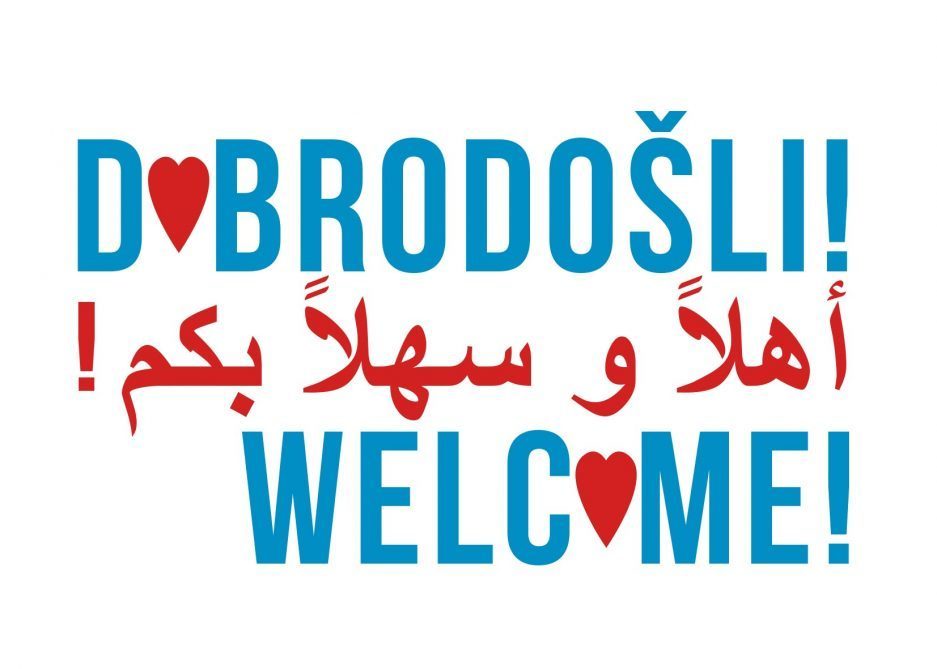Published 28.09.2023. | Tena Mur

A Migrant Center Doesn't Solve the Migration Situation and Doesn't Guarantee Human Rights Protection
The government plans to open a migrant center in Dugi Dol (near the border of the municipalities of Krnjak and Barilović), which, if we believe the statements of Minister Božinović, will not only serve for registration and asylum application submission but also provide accommodation for migrants. However, it will be a closed-type center that restricts their movement. Given previous experiences, it's challenging to believe that they will receive adequate independent assistance in asserting their rights, let alone access to means of rights protection. These are critical issues when considering the terrible conditions migrants live in centers on the Bosnian-Herzegovinian and Serbian sides of the border, where they are neglected by everyone except a few non-governmental organizations and are still subjected to harassment and physical violence by the Croatian police when trying to enter Croatia or the EU.
The center will not be used to investigate the circumstances that led migrants to leave their homes and approve asylum in all cases that meet the criteria. Instead, it will only register personal data and, after temporarily restricting their freedom of movement, expel these unfortunate people across the border. This is probably one of the main reasons for planning to establish it in a sparsely populated area, where migrants will have limited, if any, contact with their families, human rights organizations, humanitarian aid, as well as with the media and the public. Croatia would thus join those EU member states that, following the pattern of rich countries' racism, disregard the rights of people on the move and seek to drive them away as far as possible. This does not help people but pushes them further into insecurity, uncertainty, and often - death.
Driven by circumstances, people will continue to cross borders, and our states are doing everything not only to prevent them from doing so but almost to punish them for such attempts. Just this year, dozens of unnamed migrants have been found dead in the rivers of Bosnia and Herzegovina and Croatia. The number of graves in Croatia and Bosnia and Herzegovina is rapidly increasing.
People were not driven to this arduous journey by comfortable conditions in their home countries; they were forced by wars, hunger, and other social disasters, as well as climate change - phenomena that are largely the result of the exploitation of natural resources and colonial exploitation of these regions, which created the wealth and security that are now supposedly "protected" from these refugees in the West. That's why it's hypocritical to artificially distinguish between refugees and migrants. What is the difference between people fleeing from war and those fleeing from hunger and inhuman living conditions? People in distress must be helped, regardless of where they come from and where they are going. Croatia has so far greeted them with police violence at the borders, which has never been properly investigated. Evidence that such illegal practices continue to this day is continuously coming in.
Domestic Population's Safety Is Not Threatened by Migrants but by Irresponsible State Actions
Following the announcement of the center's establishment in an area that still bears the consequences of the 1991-95 war, which is the subject of engagement for Documenta and the Center for Peace, Nonviolence, and Human Rights Osijek, reactions have occurred due to the lack of transparency and limited communication with the local population, administration, and the public. Even representatives of Serbs who returned and established a somewhat normal life since the mid-1990s express fears of people in isolated settlements who are not used to encounters with those from distant countries. This inadvertently appeases extremists who would like to expel both them and current migrants from Croatia.
Government's manipulative statements and media hype conceal the fact that it is precisely the state policy of forcibly pushing refugees away from the border that has forced these people to move to areas where they can more easily hide from violent police. This is the reason why migrants sometimes appear in abandoned houses or knock on doors in remote villages, seeking help.
For the refugees and migrants of today, the highest priority must be humanitarian and all other forms of assistance, recognition of their right to international aid, and support for integration into EU societies. Ministries responsible for social policy and health, in constant dialogue with institutions in places where they plan to build centers, must get involved in supporting migrants and the local population, along with providing quality public information.
If Croatia is even remotely civilized, it will reject the political vulture campaign, in which the misfortune of migrants and the insecurity of local people are exploited for political purposes, fueling fears and hatred.